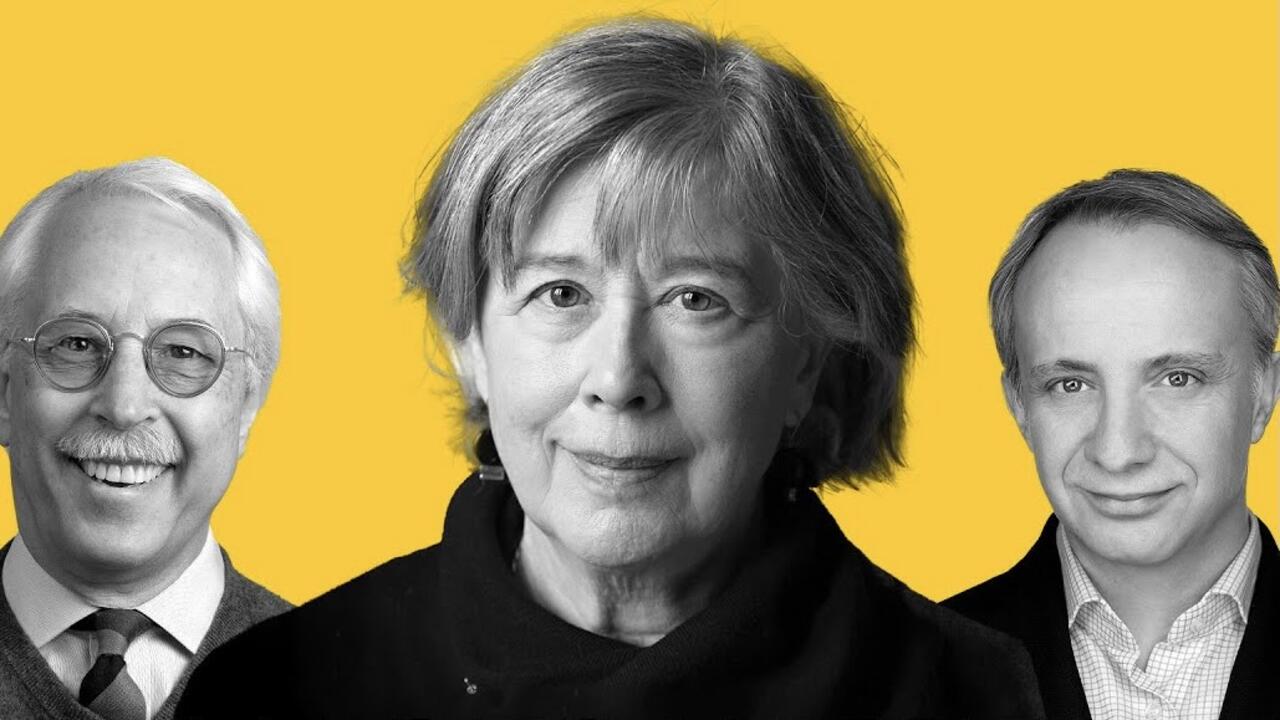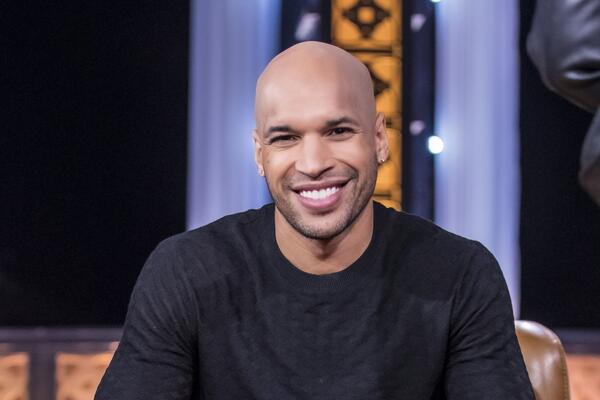
The long and winding road to social change
Fast Company spotlights Frances Westley as a bold thinker and radical doer in transformative social innovation

Fast Company spotlights Frances Westley as a bold thinker and radical doer in transformative social innovation
By Rose Simone University RelationsIf you are looking for a map to lasting social change, the renowned expert Frances Westley can tell you that there is no direct route.
Instead, it will be a long and winding road with many criss-crossing paths, and you are not likely to be successful if you are trying to travel it alone, says Westley, the J.W. McConnell Chair in Social Innovation at the Waterloo Institute for Social Innovation and Resilience.
“An individual or group of individuals with insight are necessary, but they're not sufficient. You're going to need a lot of other actors along the way,” she says.
She often quotes the Vietnamese scholar and anti-colonial revolutionary activist Nguyen Quyen who said successful innovation is not a sprint toward a goal. Rather, it is more like a relay race where the torch is constantly being passed on.
Westley was recently conveying that message during an interview on the Fast Company series The New Human Movement. The series, hosted by renowned management consultants Gary Hamel and Michele Zanini, features conversations with “bold thinkers and radical doers who are reimagining work, management and capitalism for a new age.”
Westley was invited onto the show as one of those bold thinkers and radical doers.
Last year, she was awarded the Order of Canada — the country’s highest honour — for her lifetime of work on social innovation processes in Canada and abroad.
Among her many achievements was work with a group that ushered in the Registered Disability Savings Plan (RDSP), a powerful mechanism that helps disabled people gain financial security and avoid the poverty trap.
Her own journey as a guide in a changing world began with an interest in environmental sustainability.
She was a professor in the management faculty at McGill University’s business school when she got involved in a project with a colleague at the University of Calgary who was interested in the efforts of the Calgary Zoo in breeding endangered species and reintegrating them into the natural world.
That led to work with a larger organization that was putting on workshops for people working on species conservation. “We became engaged with helping them to design processes to make these workshops more effective.” The interest in saving endangered species led to broader work with voluntary sector leaders to help them find strategies for creating lasting social innovation.
“This was effectively all about transformation,” she says. “How does that kind of innovation occur? How was it similar to, or different than, technological innovation? What is the relationship between the two? How does this happen?”
In 2007, when she became Chair in social innovation at the University of Waterloo, a position supported by the J.W. McConnell Family Foundation, she delved deep into those questions.
She co-authored two books on the subject, including Getting to Maybe: How the World Is Changed and The Evolution of Social Innovation: Building Resilience Through Transitions.
Westley says some social transformation movements, whether it is women’s rights, racial equality or changing our relationship with nature, can take decades or even hundreds of years. That’s why passing the torch to others is important. “In many cases, people will start an initiative and it dies with them,” Westley says.
It also involves making broad connections far beyond one’s own group. The work to establish the Registered Disability Savings Plan, for example, involved connecting with people across the political spectrum who might have a family member with a disability. “It didn’t matter if they were Conservative, Liberal or NDP; whether they were in finance or infrastructure. They would try to link to that person.”
One of the biggest stumbling blocks for people who are passionately committed to a cause, such as saving the wilderness, is that they become rigidly attached to the “purity” of their goal, Westley says.
Organization founders need to be flexible enough to negotiate with strange bedfellows, Westley adds. “The founders who are too rigid, and say, ‘no, my idea is pure, I can’t trade any of it off,’ tend not to succeed in the long run.”
It is also important to be aware that there is often a “shadow,” or unintended negative consequence, in any profound change, Westley says. “The brighter the light, the longer the shadow.”
Making lasting, transformative changes will require creating a dialogue and dealing with backlash from people who will not be in agreement with those changes, Westley says.
“Having an attitude of us versus them is unlikely to be successful. You really have to see yourself as part of the system. There may be something in the system that you don’t like but you can't claim the moral high ground,” she says.
Transformative change takes a long time, and it can be a never-ending process, Westley adds.
“Social innovation is not a place that you arrive at. It’s about building the capacity for ongoing response over long stretches of time.”

Read more
Alum and founder Marc Lafleur shares how his entrepreneurship playbook has changed since selling his first company

Read more
How Doug Kavanagh’s software engineering degree laid the foundation for a thriving career in patient care

Read more
Upside Robotics secures new funding to accelerate the future of sustainable farming
The University of Waterloo acknowledges that much of our work takes place on the traditional territory of the Neutral, Anishinaabeg, and Haudenosaunee peoples. Our main campus is situated on the Haldimand Tract, the land granted to the Six Nations that includes six miles on each side of the Grand River. Our active work toward reconciliation takes place across our campuses through research, learning, teaching, and community building, and is co-ordinated within the Office of Indigenous Relations.